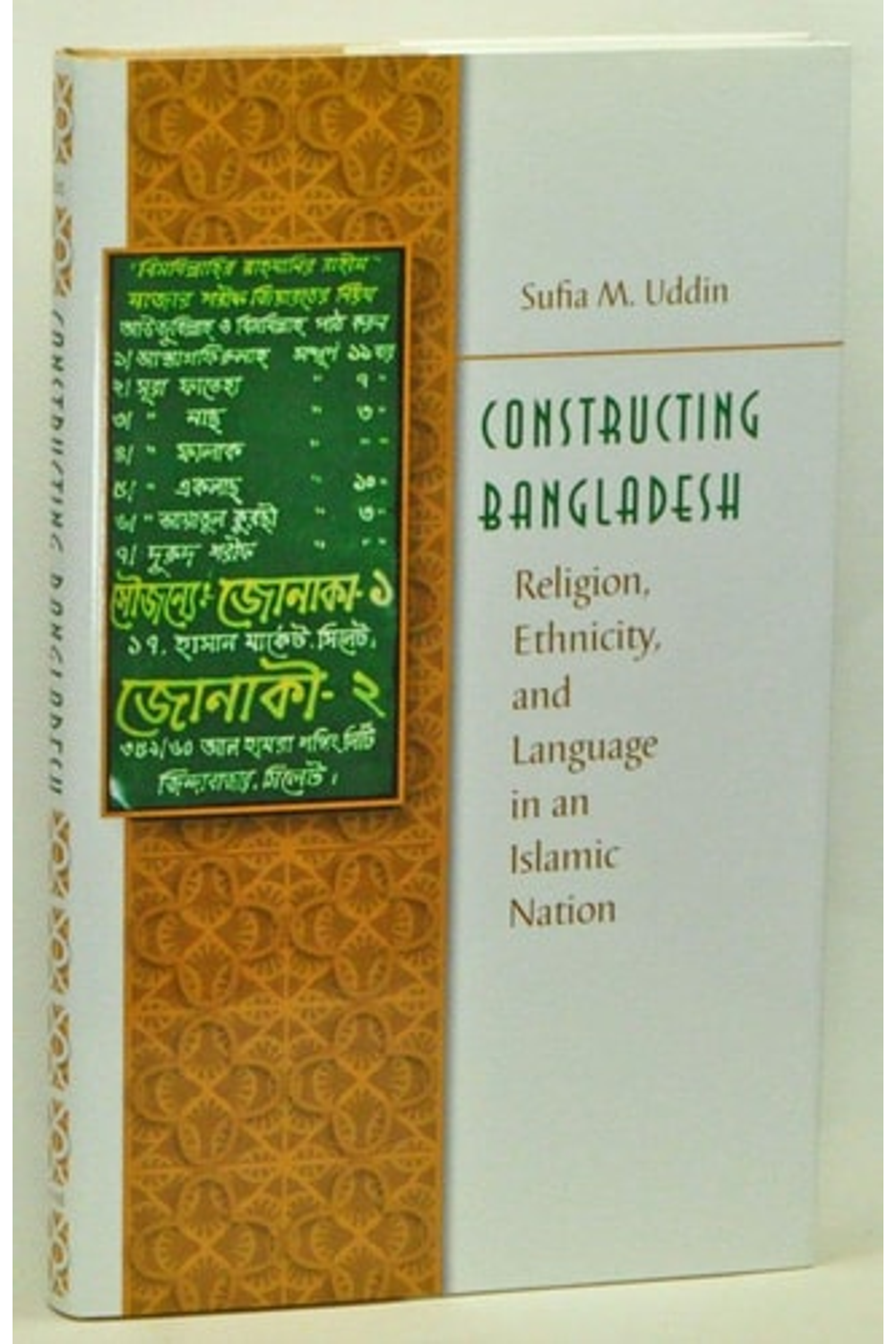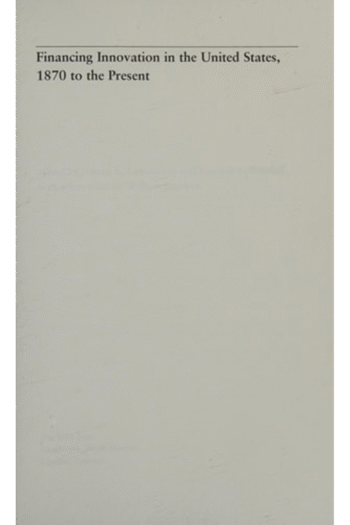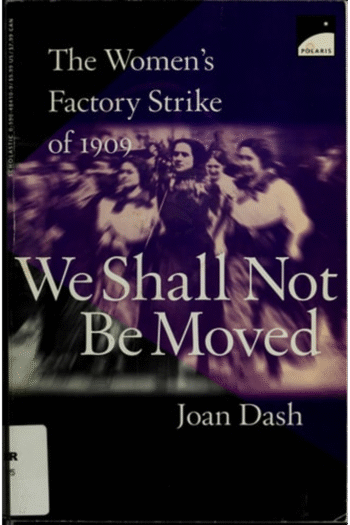Explore the rich tapestry of Bangladeshi identity with Sufia M. Uddin’s “Constructing Bangladesh.” This insightful study delves into the unique interplay of religion, ethnicity, and language that shaped the nation. Uddin challenges conventional narratives by exploring how Islam adapted and evolved within the Bengali cultural landscape, blending with pre-existing traditions of Hinduism and Buddhism. Uncover the pivotal role of the Bengali language in forging a distinct identity, particularly during the colonial era and the subsequent struggle for independence. Through meticulous research, Uddin reveals how Bengali Muslims negotiated their faith within a broader Islamic world while asserting their cultural uniqueness. Ideal for readers interested in South Asian history, Islamic studies, and the formation of national identity, “Constructing Bangladesh” offers a nuanced understanding of a nation’s complex heritage. Discover how Bangladesh constructed it’s identity while dealing with Hinduism, Buddhism, Islam, Bengali Muslims, Urdu speaking muslims and Bengali speakers, and how they managed to blend faith, ethnicity, and language into a unique and resilient identity.
Constructing Bangladesh: Religion, Ethnicity, And Language in an Islamic Nation (Islamic Civilization And Muslim Networks)
19,34 $
In stock
Highlighting the dynamic, pluralistic nature of Islamic civilization, Sufia M. Uddin examines the complex history of Islamic state formation in Bangladesh, formerly the eastern part of the Indian province of Bengal. Uddin focuses on significant moments in the region’s history from medieval to modern times, examining the interplay of language, popular and scholarly religious literature, and the colonial experience as they contributed to the creation of a unique Bengali-Islamic identity.
During the precolonial era, Bengali, the dominant regional language, infused the richly diverse traditions of the region, including Hinduism, Buddhism, and, eventually, the Islamic religion and literature brought by Urdu-speaking Muslim conquerors from North India. Islam was not simply imported into the region by the ruling elite, Uddin explains, but was incorporated into local tradition over hundreds of years of interactions between Bengalis and non-Bengali Muslims. Constantly contested and negotiated, the Bengali vision of Islamic orthodoxy and community was reflected in both language and politics, which ultimately produced a specifically Bengali-Muslim culture. Uddin argues that this process in Bangladesh is representative of what happens elsewhere in the Muslim world and is therefore an instructive example of the complex and fluid relations between local heritage and the greater Islamic global community, or umma.
| Authors | |
|---|---|
| Binding | |
| Condition | |
| ISBN-10 | 0807830216 |
| ISBN-13 | 9780807830215 |
| Language | |
| Pages | 224 |
| Publisher | |
| Year published | |
| Weight | 490 |
| Edition | New edition |
- Additional information
- Currencies
- USD – United States dollar
- EUR – Euro
- GBP – Pound sterling
- CNY – Chinese yuan
- BRL – Brazilian real
- MXN – Mexican peso
- JPY – Japanese yen
- PHP – Philippine peso
- THB – Thai baht
- PLN – Polish złoty
- CAD – Canadian dollar
- MYR – Malaysian ringgit
- AUD – Australian dollar
- TWD – New Taiwan dollar
- CZK – Czech koruna
- SEK – Swedish krona
- HUF – Hungarian forint
- ILS – Israeli new shekel
- CHF – Swiss franc
- HKD – Hong Kong dollar
- DKK – Danish krone
- SGD – Singapore dollar
- NOK – Norwegian krone
- NZD – New Zealand dollar





